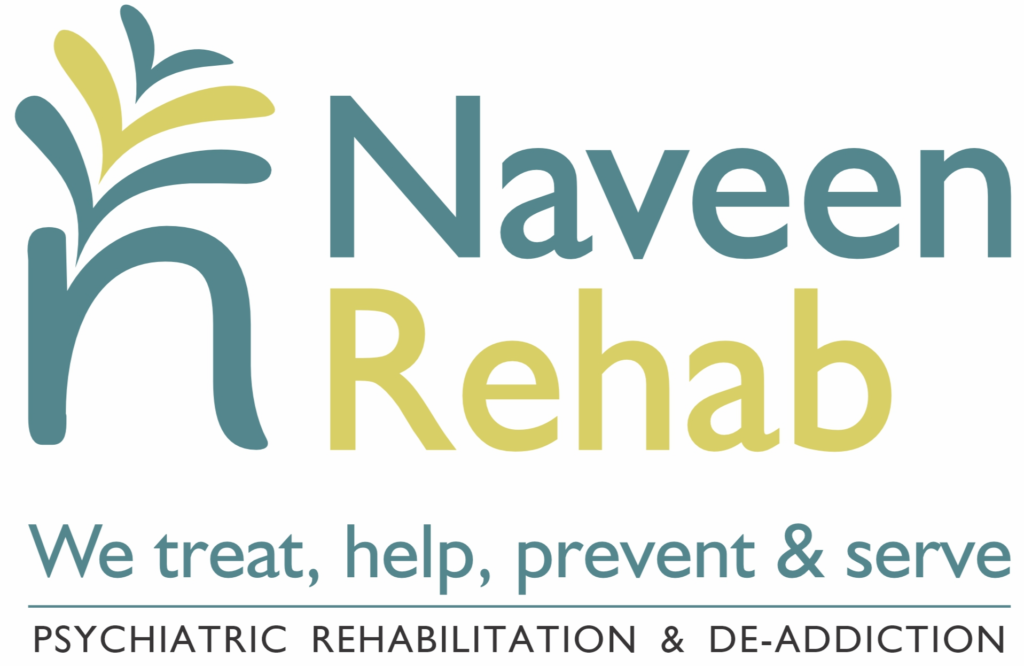FAQ
- Psychiatry
- De-addiction
Psychiatrists work with addiction patients to determine the reasons for the development of their addiction and they prescribe medication to control withdrawal symptoms and treat underlying or co-existing psychiatric disorders.
In psychotherapy, people learn about their condition, moods, feelings, thoughts, behaviours, and how to take control of life, and respond to challenging situations with healthy coping skills. There are many types of psychotherapy, each with its own approach, and they are structured according to the individual’s needs
Medications are an essential part of treatment for psychiatric conditions. Though, it is possible to go off psychiatric drugs by gradual tapering over 6 months to several years, depending on the origin and type of disorder.
Long-term medication use may sometimes result in the development of side effects. Fortunately, this side effect can be managed and even prevented. Our Clinicians can help you manage this side effect through a combination of pharmacologic and nonpharmacologic interventions.
Although marriage is considered to be a happy and important life stage it can sometimes trigger mental health illness based on the mental space of the person. It is often considered a solution to cure mental illness which is destructive to the person.
Marriage cannot cure mental illness but aggravates relationships when people in it are not stable.
An individual with any kind of psychiatric disorder can overcome it with the help of their family support and therapy. Clinicians educate their family regarding the patient’s condition, need for treatment, etc., and come up with a plan for recovery. It is often easier to implement with family support.
Yes, addiction leads to various psychiatric disorders because of its effects on the functioning of the brain and vice versa.
Most individuals seeking recovery find that at least three months in treatment helps them get sober and that initiating a plan for continued recovery works best for them, but it also varies according to the individual.
At our rehabilitation center, we try to keep our patients engaged and provide them with a wellness retreat by reaching the unreached. The centers are located in a farmhouse atmosphere amidst nature, with a calming effect combined with specialists who are trained and experienced in helping people with rehabilitation needs.
Yes, addiction is a treatable disorder. Overcoming alcohol is a long and bumpy road, but if you’re ready to stop, it can be done.
Certainly not, when you take medicines as prescribed by psychiatrists and go through a regular follow-up, dependency doesn’t happen.



